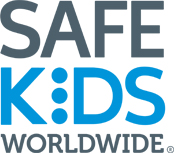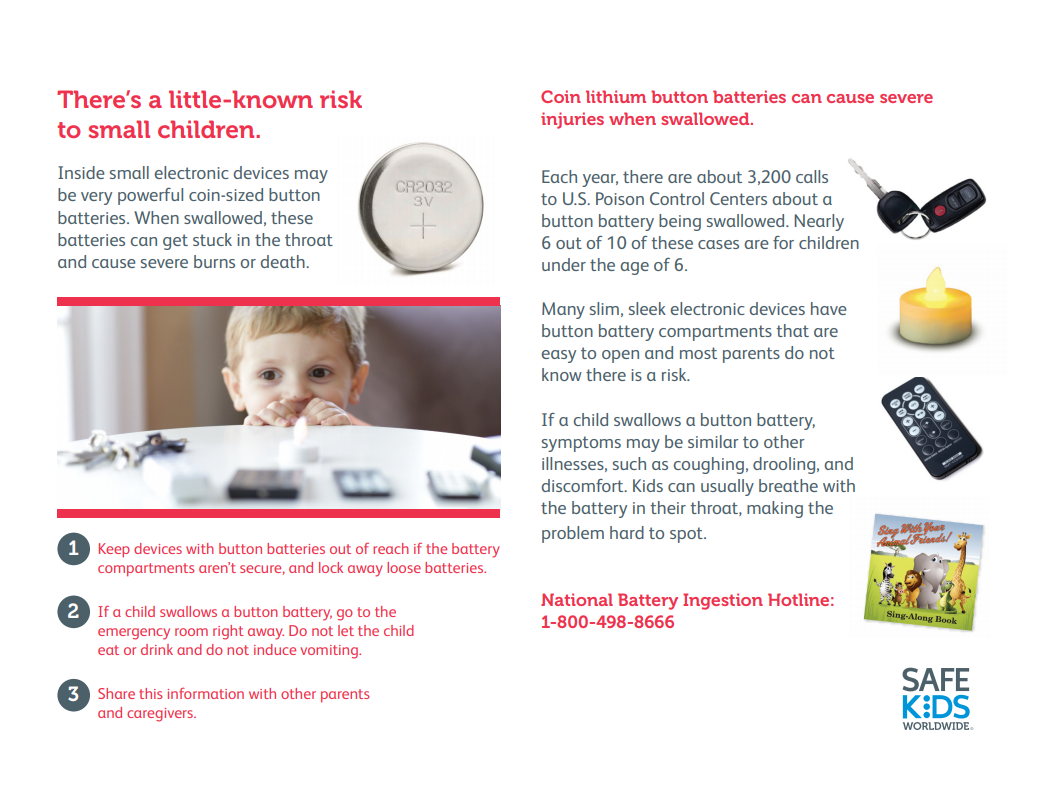You are here
Search
Keep your infant safe while they are sleeping by following these steps.
In our new blog series, “5 Quick Questions with a Safe Kids Coordinator,” we are proud to introduce you to the Safe Kids Coordinators who dedicate their time and considerable talent to keeping kids safe in your community and beyond.
Our first coordinator is Kim Gray, Safe Kids Oklahoma.
Protecting Kids From Preventable Injuries
Washington, D.C. November 7, 2019 - Safe Kids Worldwide, a global nonprofit dedicated to protecting kids from preventable injuries, announced today the appointment of seven new members to its board of directors. The new appointees are:
Krista Osterthaler, mom of two young ones, shares how she has learned that cleaning and tidying her home is a great time to make sure it’s a safe environment for her kids.
Safe Kids Worldwide Shares Life-Saving Tips to Keep Kids Safe at Home during the Holidays
Washington, D.C. – ’Tis the season for merrymaking and visiting, and as a parent or host of young children, there are some extra steps you’ll want to take beyond decorating, cooking and cleaning to prepare for little ones in the home.
Thanksgiving prep in many households can seem like trying to set up a well-oiled machine with everything thought through to the very minute. There are Itemized lists of ingredients and essentials, scheduled trips to the grocery store for supplies and perfectly choreographed plans when dishes need to enter and exit ovens and stoves.
We have been working with Union Pacific Railroad to keep kids safe around trains and railroad tracks. Check out this blog from Union Pacific about three misconceptions railroaders want to clear up.
Have you ever talked to your children about how to stay safe around railroad tracks?
London, England — His Royal Highness of Kent presented Safe Kids Worldwide® and FedEx with his International Road Safety Award for The Safe School Zones grant program. He presented this award at the annual presentation ceremony held Tuesday, Dec. 10, at The Savoy Hotel in London, England.
We are pleased to introduce the holiday story from our colleague in Washington State, Kathleen Clary-Cooke, coordinator of Safe Kids Benton-Franklin which discusses the importance of fire safety. This is a happy ending story.
The family was huddled around a wood burning stove watching “How the Grinch Stole Christmas.” Beverly Whitehead and her five children live in Benton City, Washington, where I’m the coordinator of the local Safe Kids coalition.

